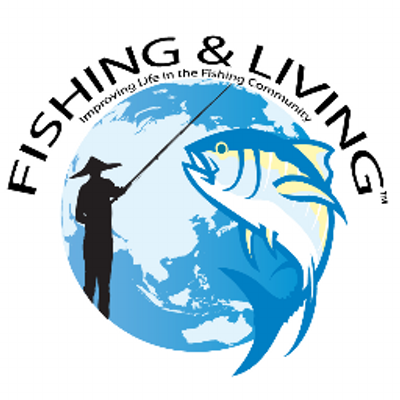October 2015, Nha Trang, Vietnam
 As part of the annual progress review of the Vietnam Tuna Fishery Improvement Project (FIP), a two-day workshop was held, bringing together FIP stakeholders to discuss progress and necessary actions to meet the MSC standard for capture fisheries. The workshop was led by the FIP coordination unit: WWF Vietnam and the Vietnam Tuna Association (Vinatuna) and attended by various stakeholders from industry and government. As part of this second FIP review, progress against the 52 milestones was evaluated by an independent consultant (Poseidon Marine Resource Management Ltd.).
As part of the annual progress review of the Vietnam Tuna Fishery Improvement Project (FIP), a two-day workshop was held, bringing together FIP stakeholders to discuss progress and necessary actions to meet the MSC standard for capture fisheries. The workshop was led by the FIP coordination unit: WWF Vietnam and the Vietnam Tuna Association (Vinatuna) and attended by various stakeholders from industry and government. As part of this second FIP review, progress against the 52 milestones was evaluated by an independent consultant (Poseidon Marine Resource Management Ltd.).
The FIP implementation phase began in April 2014. Despite slow progress in certain areas, the FIP has also shown good positive developments in the past year. Anova/Fishing & Living is supporting the FIP through financial and in-kind contribution with a full time staff dedicated to FIP Implementation.
Recent Achievements
- The regional fisheries management body (WCPFC) has set a Limit Reference Point (LRP) for Yellowfin tuna which means that if the stock reaches a certain low point, action will be taken to remain above this point. However, the WCPFC still needs to set rules to define which actions will be taken in case this LRP is reached.
- Vietnam finalized its National Tuna Management Plan (NTMP), containing short and long term objectives and explicit within the management system. The NTMP still needs to be reviewed however, preliminary examinations are showing that the plan is in line with international standards.
- Vietnam’s decision making process for tuna fisheries has been strengthened and now takes into account the precautionary principle. This means that uncertainty in stock status and fishing effort are taken into account when making decisions on fisheries management issues.
- Vietnam has strengthened its data collection processes and is in the process of adopting the WCPFC/SPC catch logbook underlined by MARD (Ministry of Agriculture and Rural Development) Circular (549KTPBVNL, 2013)
- The observer programme was rolled out in December 2014 and funded by the FIP. Observers were trained and conducted a number of trips to collect independent fisheries data. This data is critical to obtain independent information on the fisheries performance and compliance with regulations.
- WWF trained RIMF in Environmental Risk Assessment;
- Scientists and fisheries managers from RIMF and DECAFIREP attended the WCPFC Science Committee
- The WPEA project is supporting the development of Reference points and the adoption of harvest strategies
Challenges ahead
- Despite evidence of overfishing of bigeye and yellowfin, Vietnam has set a decree to expand catches of these species from the current level of 17,000 mt to 21,000 mt.
- There has been no advance in the adoption of harvest strategies by Vietnam, consistent with Para 47 (WCPFC 2014-01) which requires other commercial fisheries catching more than 2,000 to adopt limits on effort
- WCPFC has not set target reference points for Yellowfin tuna
- Vietnam is not a member of the WCPFC and currently not considered as part of the WCPO by definition
- Vietnam remains non-compliant with WCPFC’s tropical tuna measures (CMM 2014-01) and any ecosystem management components (e.g. shark management measures)
- Vietnam’s fisheries law has still to be finalized
Recent Posts
Helmets Distribution to Fishermen’s Children in Local Communities in Bali
We distributed helmets to all fishermen children in two local coastal communities in Bali. The main goal of this event […]
Read moreAnova FoodNominated for Award of Corporate Excellence (ACE) by Secretary Hillary Clinton
The Award for Corporate Excellence (ACE) is given annually by the U.S. State Department to American companies who exhibit good […]
Read moreSchool Children Awareness Programs in Awareness Lombok
June 2012 We hosted an event coinciding with World Ocean Day and Coral Triangle Day. The event was to raise […]
Read more